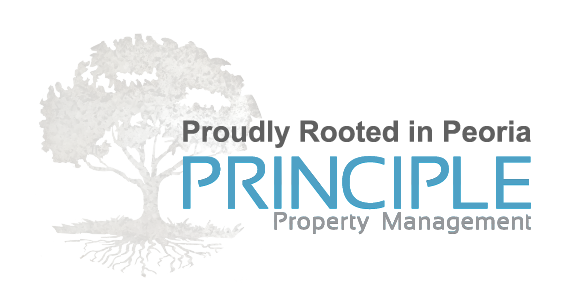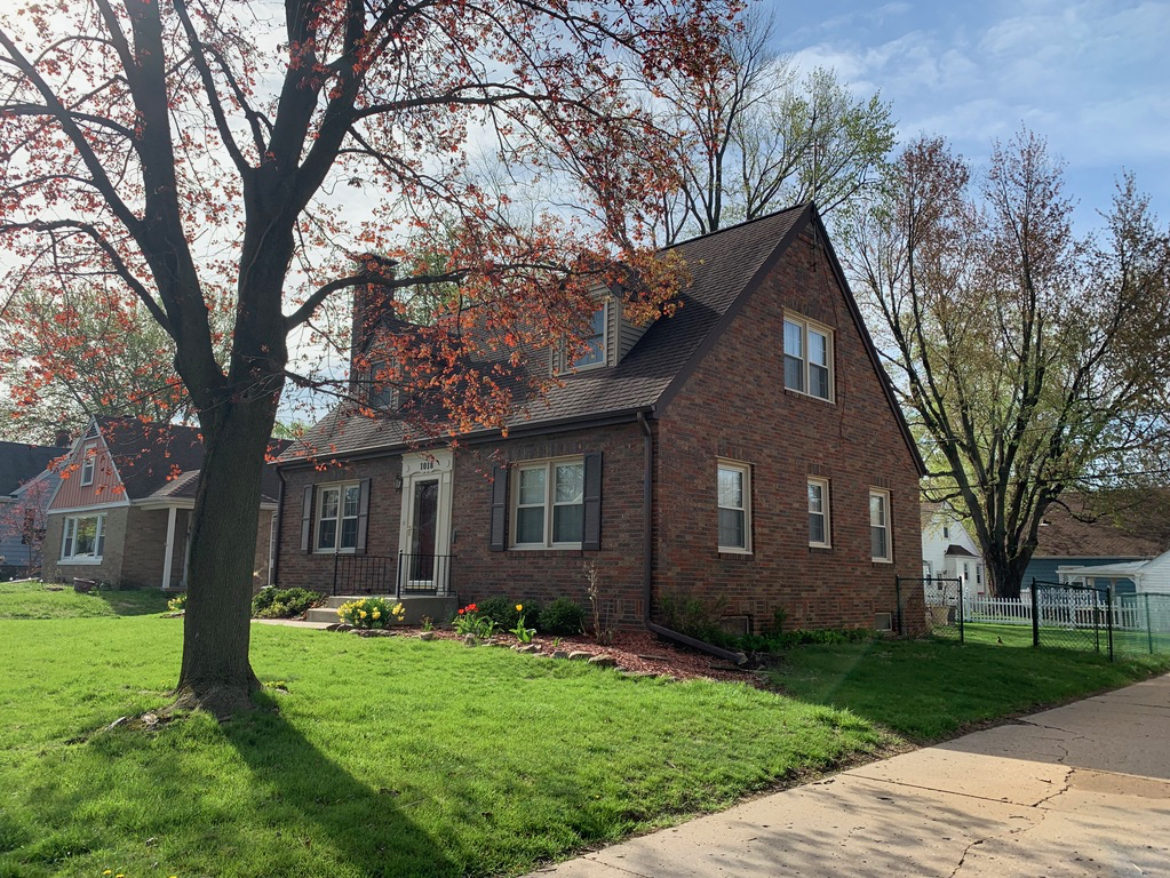Financial planners often identify ways in which people are wasting money and illustrate how that money would grow if instead it was invested. The most common example is someone who spends $3.50 per day on Starbucks:
If you didn’t spend $3.50 a day on coffee, you’d save $1,277 a year. If you invested that money over 30 years, you’d have $85,305 (assuming a 5% annual return).
While Starbucks is an easy punching bag, many of us fail to see the elephant in the room. We are penny wise but pound foolish. The biggest expense eating away at our ability to save is your home.
Let’s look at a common scenario:
Your mortgage broker tells you that you can afford a $2,500/mo. payment. You’re approved for a $300,000 mortgage.
What is the financial impact of that choice opposed to buying a more modest home, half its price?
You decide you want the biggest and best possible home, so you borrow $300,000 with a 30 year mortgage at 5% interest. Your property taxes are $10,000 per year and your insurance is $800 per year. You will pay $279,767.35 in interest over the course of the loan.
Your other more modest choice is a smaller house and $150,000 mortgage, $5,000 property taxes per year and $600 insurance per year. At the same monthly payment, you can swing a 7 year amortization. After 7 years, you will have paid $28,087.25 in interest over the course of the loan.
The total interest savings is $251,680.10. But the disparity becomes even greater if, after the loan is paid off in 7 years, you start investing your former mortgage payment of $2,120 at a 5% annual return. In 23 years, that money will grow to $1,053,991.29. After adding the interest savings and subtracting the $150,000 difference in the value of the homes, the total disparity in the two choices over 30 years comes out to $1,155,671.39.
Benefits of Strong Savings
The secret to financial freedom is not earning more, it’s keeping more of what you earn and being content with what you have. Some of the many benefits include giving more money to your church and charity, career flexibility, and being empowered to live in line with your values and not compromise your choices based on money.

